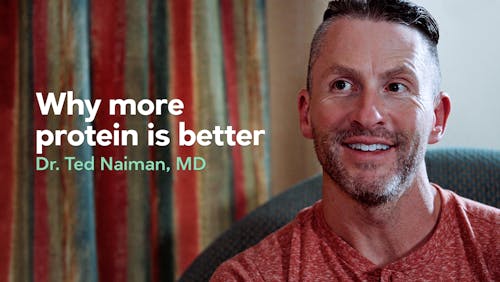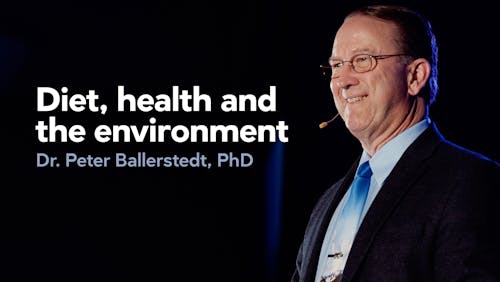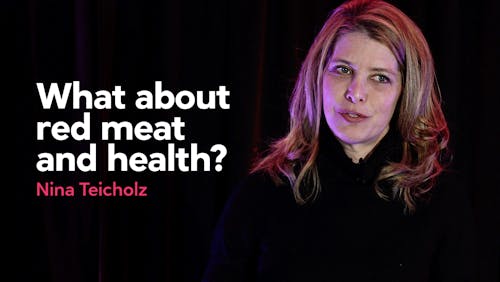Scientific review of keto diets falls short when it comes to accuracy

A recent review article aims to summarize the evidence-based benefits and potential shortcomings of a keto diet. Conclusions from this review state that keto may be helpful for weight loss in the short term — but that it may not be good for other health factors in the long term.
Unfortunately, though, the authors’ assessment is flawed and suffers from inconsistent identification of studies, as do many other scientific reviews of keto diets.
After the review’s introduction, which states what a keto diet is, the authors go on to make the following claims — without any cited references:
“Long-term side effects include hepatic steatosis, kidney stones, hypoproteinemia, and vitamin deficiency. While the benefits of following KD have been extensively reported, long-term compliance with KD is a limiting factor. The sustainability of the diet has been called into question, and the prognosis of the diet’s effects after discontinuation must be examined.”
However, our evidence-based guides stand in opposition to these uncited claims. We explain how there is no convincing evidence that very low-carb diets cause kidney stones — and there is plenty of evidence that eating this way actually treats fatty liver. Some citations on the part of this review’s authors would have been helpful.
Next, the review tackles lipids and low-carb diets. In doing so, it provides an accurate assessment with improved high-density lipoprotein cholesterol (HDL), triglycerides, blood sugar, insulin, and C-reactive protein (CRP).
The authors also mention that there may be an increase in low-density lipoprotein (LDL) and there are no long-term studies reporting on clinical cardiovascular endpoints. While this is true, they seemed to ignore the multitude of studies that showed no increase in Apolipoprotein B (ApoB) or LDL, which we highlight in our guide on cholesterol and low-carb diets.
At this point, the review’s claims break down even further. The authors started the review saying they focused only on very low-carb diets. But then, they confuse things by adding a study that defined low-carb as 40% of calories. As we have covered before, studies that want to find an accurate effect of low-carb diets have no business defining it as 40% of calories.
If we skip ahead to the weight loss section, they repeat the same error by including the DIETFITS study. As we covered in our podcast with Stanford researcher Lucia Aronica, the DIETFITS study started as a low-carb vs low-fat diet, but in the end, allowed for liberalization of carb intake so that the “low-carb” group was eating 130 grams of carbs per day. Therefore, it is also not an accurate assessment of a truly low-carb diet.
To the reviewers’ benefit, they did review beneficial evidence for low-carb diets and PCOS. We agree there are limitations in many of these studies, but at the same time, it seems clear that a keto diet is an effective approach for PCOS. Whether it is more effective than other forms of weight loss remains to be proven.
Lastly, the authors reviewed the beneficial evidence for both type 2 and type 1 diabetes with appropriate concern for careful use when it comes to glucose-lowering drugs.
In the end, however, I am left wondering why it is so easy for researchers to confuse studies that accurately assess a low-carb diet and those that do not. I understand there is significant skepticism in the medical and healthcare communities about keto diets, but that shouldn’t excuse this type of confusion.
Very low-carb diets may not be right for everyone. They may have drawbacks and can be difficult to comply with for some. But the science does not uniformly support those conclusions.
Just like any dietary or health intervention, very low-carb diets deserve fair representation within the scientific literature. We, at Diet Doctor, are going to help ensure that happens.
Thanks for reading,
Bret Scher, MD FACC
More posts
Red meat improves glucose and insulin markers with no adverse effects on inflammation
New book: well-raised meat is good for you, animals, and the planet








